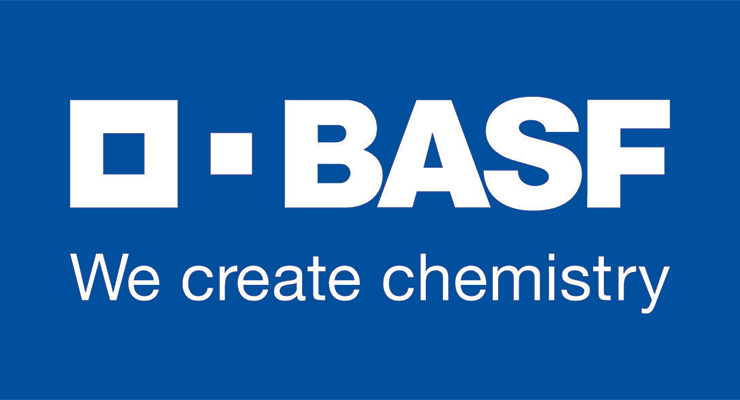05.31.23
BASF has taken an important step by updating its sustainability assessment method TripleS (Sustainable Solution Steering) in order to further develop its product portfolio even more strongly in the direction of climate protection, resource efficiency and circular economy in the future and to meet the growing sustainability requirements in its markets with innovative solutions. The TripleS method has become a strong innovation driver for BASF.
The method has been in place at BASF since 2012 and was updated last year. BASF is currently re-evaluating all its 45,000 products on this basis. The aim is to have re-evaluated as many products as possible by the end of the year and thus be able to derive the new KPI “Sustainable-Future Solutions” (sum of Pioneer and Contributor products): the sales of all Pioneer and Contributor products as a proportion of relevant sales. BASF will publish the new KPI in 2024.
In the future, the new assessment method will make it even easier to determine which products are particularly innovative and contribute to greater sustainability, or where adjustments are needed in the portfolio. For example, BASF will, as in the past, remove products with a significant deficit from the market after five years at the latest. TripleS will be applied to BASF’s entire product portfolio in the respective applications worldwide.
“With TripleS, we systematically compile a complete sustainability profile of our products and also take into account factors that are not so easy to put into figures, such as social concerns,” said Dr. Martin Brudermüller, chairman of the Board of Executive Directors of BASF SE, summarizing the advantages of the expanded method.
And this is how the product evaluation works: The first step is to check whether the product meets BASF’s internal as well as regulatory, customer-specific and social requirements. If the product passes this check, its contribution to sustainability is examined in a second step in comparison to competitor products. In both steps, the entire value chain – from raw material procurement to disposal of the end products – is considered. BASF takes regional, industrial and application-specific differences into account.
With the update, BASF provides its customers and other stakeholders with even more transparency and remains compliant with the industry-wide Portfolio Sustainability Assessment (PSA) of the World Business Council for Sustainable Development. TripleS also takes into account new legislation such as the EU Chemicals Strategy and the Toxic Substances Control Act in the United States (TSCA).
The method has been in place at BASF since 2012 and was updated last year. BASF is currently re-evaluating all its 45,000 products on this basis. The aim is to have re-evaluated as many products as possible by the end of the year and thus be able to derive the new KPI “Sustainable-Future Solutions” (sum of Pioneer and Contributor products): the sales of all Pioneer and Contributor products as a proportion of relevant sales. BASF will publish the new KPI in 2024.
In the future, the new assessment method will make it even easier to determine which products are particularly innovative and contribute to greater sustainability, or where adjustments are needed in the portfolio. For example, BASF will, as in the past, remove products with a significant deficit from the market after five years at the latest. TripleS will be applied to BASF’s entire product portfolio in the respective applications worldwide.
“With TripleS, we systematically compile a complete sustainability profile of our products and also take into account factors that are not so easy to put into figures, such as social concerns,” said Dr. Martin Brudermüller, chairman of the Board of Executive Directors of BASF SE, summarizing the advantages of the expanded method.
And this is how the product evaluation works: The first step is to check whether the product meets BASF’s internal as well as regulatory, customer-specific and social requirements. If the product passes this check, its contribution to sustainability is examined in a second step in comparison to competitor products. In both steps, the entire value chain – from raw material procurement to disposal of the end products – is considered. BASF takes regional, industrial and application-specific differences into account.
With the update, BASF provides its customers and other stakeholders with even more transparency and remains compliant with the industry-wide Portfolio Sustainability Assessment (PSA) of the World Business Council for Sustainable Development. TripleS also takes into account new legislation such as the EU Chemicals Strategy and the Toxic Substances Control Act in the United States (TSCA).


